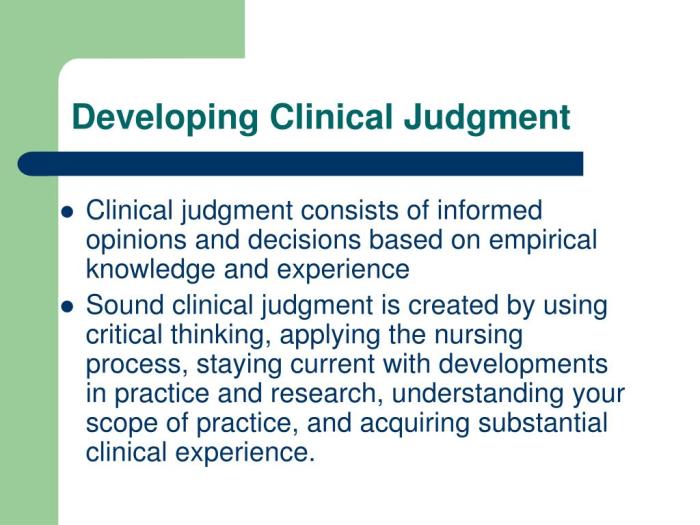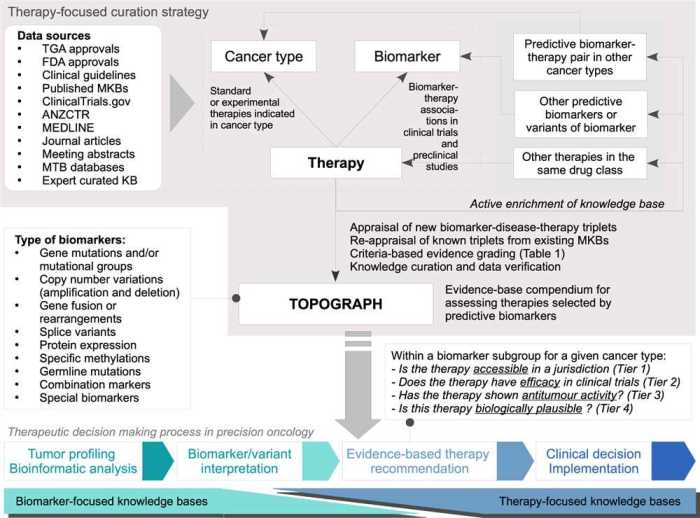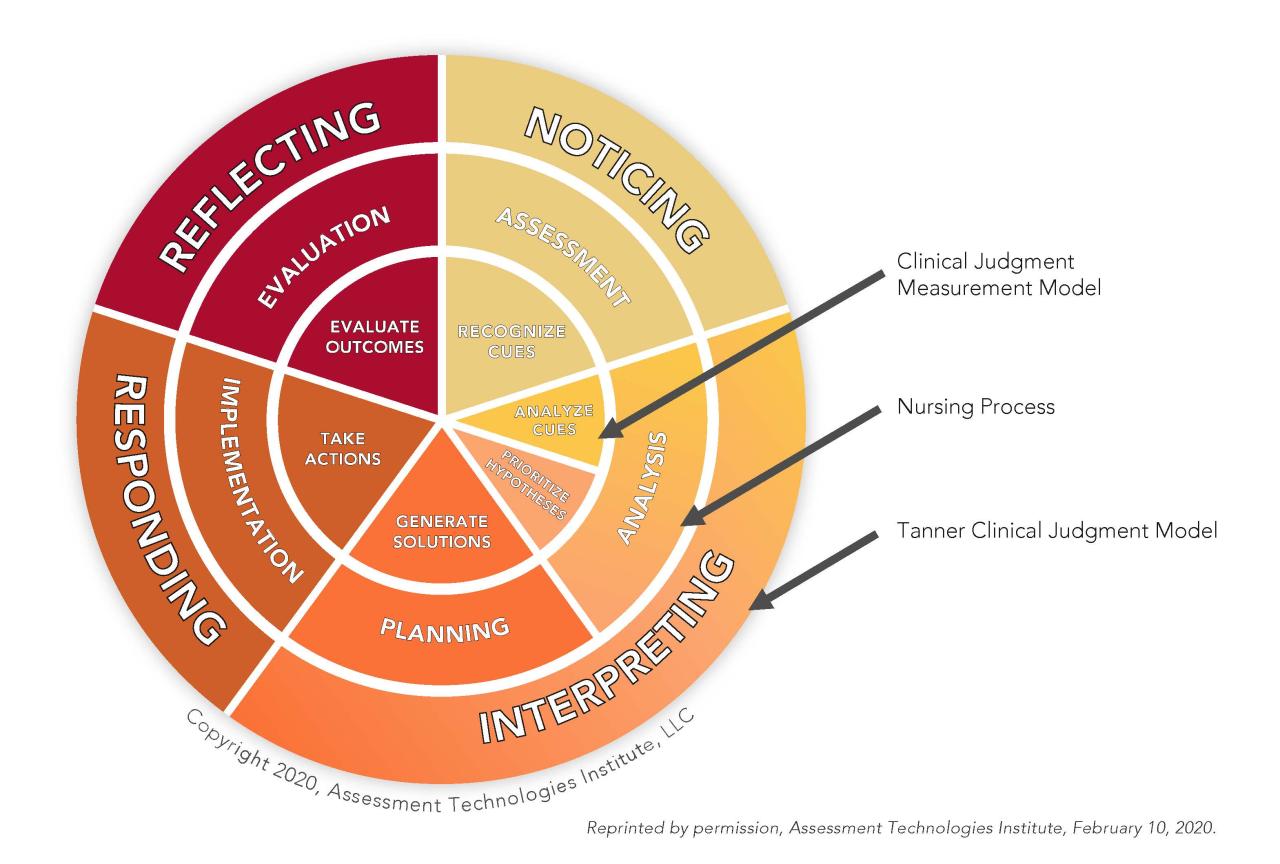The Knowledge and Clinical Judgment Advanced Test (KCAT) is a comprehensive assessment tool designed to evaluate healthcare professionals’ knowledge and clinical judgment skills. This test is widely used in healthcare settings to ensure that practitioners have the necessary knowledge and skills to provide safe and effective patient care.
The KCAT is a standardized test that covers a wide range of medical topics, including diagnosis, treatment, and patient management. The test is administered online and consists of multiple-choice questions, case studies, and simulations. The results of the KCAT are used to identify areas where healthcare professionals need additional training or support.
Defining Knowledge and Clinical Judgment

Knowledge in Clinical Practice:Knowledge in clinical practice refers to the organized and integrated understanding of scientific principles, concepts, and evidence that healthcare professionals possess and apply in patient care.
Clinical Judgment:Clinical judgment is the process of integrating knowledge, experience, and patient-specific information to make decisions and provide appropriate care. It involves critical thinking, problem-solving, and the ability to weigh risks and benefits.
Examples of Knowledge and Clinical Judgment in Clinical Settings, Knowledge and clinical judgment advanced test
- Using anatomical and physiological knowledge to diagnose a patient’s symptoms.
- Applying pharmacological principles to prescribe medications safely and effectively.
- Integrating patient history, physical examination findings, and laboratory results to develop a comprehensive care plan.
Importance of Knowledge and Clinical Judgment in Healthcare

Knowledge and clinical judgment are crucial for patient care as they enable healthcare professionals to:
- Accurate Diagnosis:Integrate knowledge and clinical judgment to identify and diagnose medical conditions accurately.
- Effective Treatment Plans:Develop and implement treatment plans tailored to the individual needs of each patient.
- Improved Patient Outcomes:Studies have shown that healthcare professionals with strong knowledge and clinical judgment provide better patient care and achieve improved patient outcomes.
Developing Knowledge and Clinical Judgment

Healthcare professionals can develop knowledge and clinical judgment through various methods:
- Education:Formal education in healthcare programs provides the foundational knowledge necessary for clinical practice.
- Experience:Clinical experiences, such as internships and residencies, allow healthcare professionals to apply their knowledge in real-world settings.
- Reflection:Critically reflecting on patient cases and outcomes helps healthcare professionals improve their decision-making and clinical judgment.
Tips for Improving Knowledge and Clinical Judgment:
- Stay up-to-date with the latest research and evidence-based practices.
- Seek feedback from experienced colleagues and mentors.
- Engage in continuous learning and professional development.
Challenges to Knowledge and Clinical Judgment: Knowledge And Clinical Judgment Advanced Test

Healthcare professionals may face challenges in acquiring and applying knowledge and clinical judgment, including:
- Cognitive Biases:Unconscious mental biases can influence clinical decision-making.
- Information Overload:The vast amount of medical information available can be overwhelming and difficult to synthesize.
- Time Constraints:Limited time during patient encounters can hinder the thorough application of knowledge and clinical judgment.
Recommendations for Overcoming Challenges:
- Be aware of cognitive biases and take steps to mitigate their impact.
- Use evidence-based guidelines and decision support tools to guide clinical decision-making.
- Prioritize tasks and delegate responsibilities to ensure adequate time for patient care.
The Role of Technology in Enhancing Knowledge and Clinical Judgment
Technology can play a significant role in supporting knowledge acquisition and clinical judgment:
- Access to Information:Online databases and mobile applications provide healthcare professionals with quick and easy access to medical information.
- Decision Support Tools:Software and algorithms can assist healthcare professionals in making informed decisions by providing evidence-based recommendations.
- Telemedicine:Telemedicine platforms allow healthcare professionals to consult with specialists and access patient data remotely, enhancing clinical judgment.
Benefits and Limitations of Technology:
- Benefits:Improved access to information, enhanced decision-making, and increased efficiency.
- Limitations:Potential for errors if technology is not used correctly, reliance on technology may hinder the development of clinical judgment.
Answers to Common Questions
What is the KCAT?
The KCAT is a comprehensive assessment tool designed to evaluate healthcare professionals’ knowledge and clinical judgment skills.
What are the benefits of taking the KCAT?
The KCAT can help healthcare professionals identify areas where they need additional training or support. This can help to improve patient care and outcomes.
Who should take the KCAT?
The KCAT is appropriate for all healthcare professionals who want to improve their knowledge and clinical judgment skills.